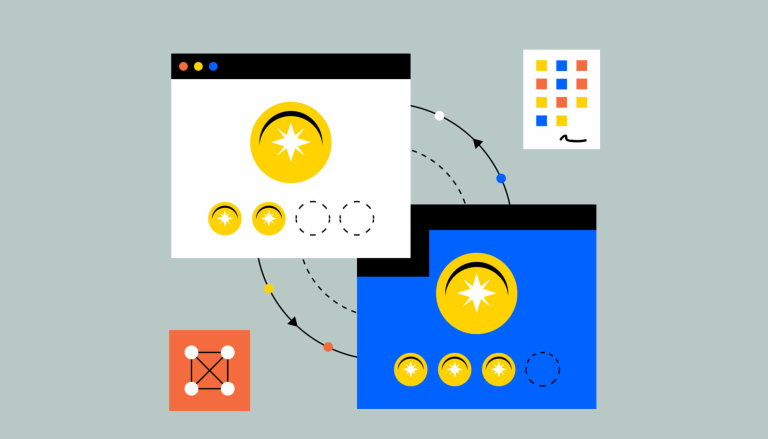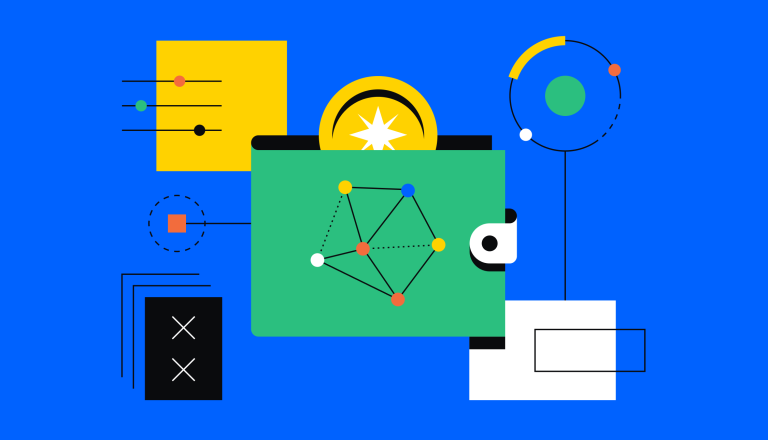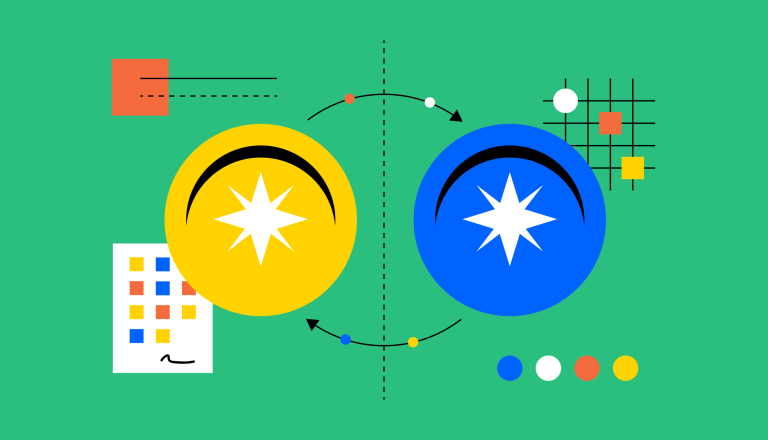What is DeFi?

Definition
Short for decentralized finance, DeFi is an umbrella term for peer-to-peer financial services on public blockchains, primarily Ethereum.
DeFi (or “decentralized finance”) is an umbrella term for financial services on public blockchains, primarily Ethereum. With DeFi, you can do most of the things that banks support — earn interest, borrow, lend, buy insurance, trade derivatives, trade assets, and more — but it’s faster and doesn’t require paperwork or a third party. As with crypto generally, DeFi is global, peer-to-peer (meaning directly between two people, not routed through a centralized system), pseudonymous, and open to all.
Why is DeFi important?
DeFi takes the basic premise of Bitcoin — digital money — and expands on it, creating an entire digital alternative to Wall Street, but without all the associated costs (think office towers, trading floors, banker salaries). This has the potential to create more open, free, and fair financial markets that are accessible to anyone with an internet connection.
What are the benefits?
Open: You don’t need to apply for anything or “open” an account. You just get access by creating a wallet.
Pseudonymous: You don’t need to provide your name, email address, or any personal information.
Flexible: You can move your assets anywhere at any time, without asking for permission, waiting for long transfers to finish, and paying expensive fees.
Fast: Interest Rates and rewards often update rapidly (as quickly as every 15 seconds), and can be significantly higher than traditional Wall Street.
Transparent: Everyone involved can see the full set of transactions (private corporations rarely grant that kind of transparency)
How does it work?
Users typically engage with DeFi via software called dapps (“decentralized apps”), most of which currently run on the Ethereum blockchain. Unlike a conventional bank, there is no application to fill out or account to open.
Here are some of the ways people are engaging with DeFi today:
Lending: Lend out your crypto and earn interest and rewards every minute - not once per month.
Getting a loan: Obtain a loan instantly without filling in paperwork, including extremely short-term “flash loans” that traditional financial institutions don’t offer.
Trading: Make peer-to-peer trades of certain crypto assets — as if you could buy and sell stocks without any kind of brokerage.
Saving for the future: Put some of your crypto into savings account alternatives and earn better interest rates than you’d typically get from a bank.
Buying derivatives: Make long or short bets on certain assets. Think of these as the crypto version of stock options or futures contracts.
What are the downsides?
Fluctuating transaction rates on the Ethereum blockchain mean that active trading can get expensive.
Depending on which dapps you use and how you use them, your investment could experience high volatility – this is, after all, new tech.
You have to maintain your own records for tax purposes. Regulations can vary from region to region.


